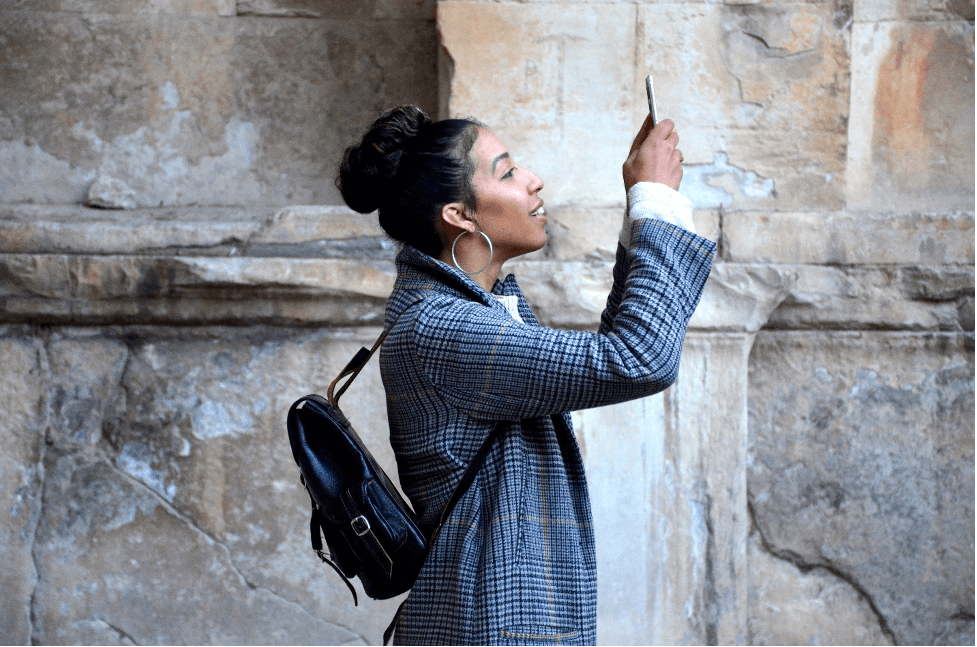Mobile ethnography involves capturing user experiences through smartphones. Leveraging mobile ethnography tools, researchers don’t have to physically travel to the people they are studying, reducing the costs and logistics associated with traditional ethnographic methods. Through mobile devices, researchers are remotely present in the everyday moments of the people they are studying.
Below are the benefits of using mobile ethnography tools:
Quicker turnaround
If researchers conduct an in-person ethnographic study, collecting raw data from respondents can take weeks. With mobile ethnography, researchers can collect the participants’ responses in as little as a day, increasing the speed to insights. Mobile ethnography can help minimize time and costs, allowing for more agile research.
Greater breadth of study
Researchers can separate participants by segments and demographics, all in the same project. They can then assign specific tasks and questions to different groups of participants by those segments and demographics and later analyze the results with filtering. Thus, researchers can easily conduct projects with as few as 3 respondents or as many as 200+.
Sophisticated approach for asking questions
Researchers can ask more sophisticated questions using mobile ethnography tools. For example, if a consumer shares their coffee purchase on a particular day, researchers can ask about different reasons for buying that coffee or multiple product categories. Researchers can then ask follow-up questions like, “Did you buy this coffee because you like the brand, or was it a necessity?”
Mobile ethnography is an extension of the traditional method of field research. It can add new dimensions to your research and be a powerful tool for studying user and consumer experiences.
EthOS app is one such tool that is built for mobile ethnography.
A few key features of the EthOS app that are useful in performing mobile ethnography:
- The app is available for iOS and Android mobile devices, making it easy to conduct mobile ethnography with participants owning any smartphone.
- With the modern chat-like interface and sophisticated system of notifications, users participating in the mobile ethnographic study will be familiar with and comfortable with having a conversation as if they had one with their friends or family during their everyday lives.
- Using the EthOS app, participants take or upload pictures, screen recordings, and videos. Researchers can thus easily understand the context and the users’ experiences. Researchers gain more details about the users while they perform their daily tasks and go about their routines.
- Researchers have access to a dashboard and a project management system that helps consolidate all their data in one place and use their research findings. Researchers can also send email reminders or push notifications to users participating in the mobile ethnography research.
Researchers use mobile ethnography tools to develop and measure the value of their consumers’ experiences. It is a more cost-effective and fluid approach to research. Mobile ethnography helps to reshape research methods, identify new areas to study, understand context, and expand the design of research techniques. Researchers use mobile ethnography in various ways, depending on the business question they are seeking to answer. As consumer and user experiences and behaviors continue to evolve, so will the tools to collect, analyze and report on the data. It’s time for businesses and researchers to embrace this mobile-first research method to help organizations better understand consumers within their everyday lives.

